41 social labels and stereotypes
11.1 Social Categorization and Stereotyping - Principles of Social ... Stereotypes are the beliefs associated with social categories. The figure shows links between the social category of college professors and its stereotypes as a type of neural network or schema. The representation also includes one image (or exemplar) of a particular college professor whom the student knows. Image courtesy of Dan Gilbert. A Social Psychological Perspective on the Stigmatization of Older ... Using a social-psychological approach, we explore the literature on age stigma with respect to both potential perpetrators (society, younger adults) and potential targets (older adults). 1 Specifically, in the first section we review the literature on perceivers of older adults—namely, younger adults—and their stereotypes, attitudes, and behaviors vis-à-vis older individuals. In …
How Racial Stereotypes in Popular Media Affect People — and What ... In 2015, the average U.S. resident consumed traditional and digital media for about 15.5 hours each day. In the same year, eight- to twelve-year-old children consumed an average of six hours of media a day and teens consumed nine hours. This mind-boggling amount of media consumption shapes how U.S. residents see the world, and racial imagery in the media has cumulative effects on society.

Social labels and stereotypes
5 Dangers of Labels and Stereotypes | Psychology Today "Labels are for filing. Labels are for clothing. Labels are not for people." -Martina Navratilova Labels can be very annoying and harmful. One problem many of us have with stereotypes is that they... Labels and stereotypes: Where would we be without them? - Substack Labels are essentially stereotypes. Labels diminish the salience of differences among items assigned the same labels. Call Jefferson Davis a traitor and you put him in the same box as Benedict Arnold, who certainly would have been executed had he fallen into George Washington's hands; ergo Davis should have been executed. Label (sociology) - Wikipedia When labels are tied to the individual, labeling theory claims that labels develop codes of morality that spur negative stereotypes and stigma. This theory presents labels and their social context as holding power and influence over lives, behavior, and relationships. See Also. Collective identity; Criminalization; Deviance (sociology)
Social labels and stereotypes. 12.1 Social Categorization and Stereotyping The stereotypes are "pictures in our heads" of the social groups (Lippman, 1922). These beliefs just seem right and natural, even though they are frequently distorted overgeneralizations (Hirschfeld, 1996; Yzerbyt, Schadron, Leyens, & Rocher, 1994). Figure 12.5 Stereotypes are the beliefs associated with social categories. Stereotypes and Labels, and Its Effect on People - GradesFixer In today's society, stereotypes and labels are part of our everyday lives. It puts label about how a person should act or live according to their gender, race, personality and other facts. This has been an outbreak of sorts since the beginning of time. These actions are not always seen as true. Brain–phenotype models fail for individuals who defy sample stereotypes … 24.08.2022 · Indeed, when phenotypic labels were permuted, the mean misclassification frequency did not differ from 0.5 in 14 out of 16 cases (P > 0.05, FDR adjusted, by two-tailed, one-sample t-test for all ... How Social-Class Stereotypes Maintain Inequality - PMC Social class stereotypes depict low-income people as less competent than higher-income individuals, but perhaps warmer. Such stereotypes affect lower-SES children's as well as adults' academic achievement. Social class distinctions are institutionalized in education, becoming barriers for low-SES students.
Labels and Stereotypes in Our Society - GradesFixer Labels are a classifying phrase or name applied to a person or thing, especially one that is inaccurate or restrictive. A stereotype is a widely held but fixed and oversimplified image or idea of a particular type of person or thing. I believe these assumptions prevent us from understanding others beyond their self-appearance. Bias | Psychology Today Bias: #N# What Is Bias?#N# #N# A bias is a ... Stereotypes and lables - LinkedIn Labelling is closely interlinked with stereotyping - it occurs when an individual or group are exposed to subjective views which lead to them being associated with or categorised according to the... Diagnoses, labels and stereotypes: Supporting children with ... Four main themes emerged, which included the theme of Diagnoses, Labels and Stereotypes, which will be discussed in this article. Participants provided rich detail about their experiences in the hospital and how they addressed and often attempted to challenge the stigma associated with children with IDs. ... Social Stigma Stereotyping* Grant ...
Mental Health Stigma: Society, Individuals, and the Profession Social cues can be evidenced by psychiatric symptoms, awkward physical appearance or social-skills, and through labels (Corrigan, 2004; Link, Cullen, Frank, & Wozniak, 1987; Corrigan, 2007). This particular issue highlights the dimension of aesthetics or the displeasing nature of mental disorders (Jones, et al, 1984). When society attributes ... Stereotypes: A Big Problem in Our Modern Society - Medium Stereotypes are a big problem in our society. It puts labels about how a person should act or live according to their sex, race, personality, and other facts. This could affect individuals who... A Handy Guide to All Gay Men - Gawker 16.02.2010 · The gay world is often represented as some sort of monolithic whole that has the same culture. That is a lie. It is actually broken down into a handful of substrata to which each gay belongs. Here ... Society's Labels - The Odyssey Online People who like sports are jocks, and people who are smart are nerds. Both labels have stereotypes that come along with them. Think back to high school and all the cliques that exist there. Those cliques were really just made up of people who were labeled a certain way and then grouped together. 7. Sexual orientation
Identity and Labels | Facing History and Ourselves Jul 17, 2017 · Often, however, the labels that we use to describe each other are the result of unfounded assumptions and stereotypes. We regularly apply labels to people whom we barely know or have never even met, and the same is done to us. Thus, for good or for bad, labels represent an influence on our identity that is often beyond our control.
Labels and stereotypes: Breaking the trend — The Clocktower Stereotypes can be useful in creating connections and bridges between people with similar characteristics. In the end, perspective has the power to change the meaning of a label. Some labels will always be hurtful, but changing the idea behind the word can give even the most negative of stereotypes a positive spin.
Stereotypes And Labels Attempt to Explain Us - The Odyssey Online The existence of labels leads to stereotypes, then stereotypes lead to generalizations and then we start to assume we know someone because we call them by the labels they are given. Labels don't tell you about a person's story, about their pain, their joy and their struggles.
Labels & Stereotypes: What is a 'Label'? How They Are Differentiated As verbs, the difference between label and stereotype is that to label is to attach a tag or sign on someone; to stereotype is to create an oversimplified generalized image of someone belonging to a group of similarly labeled persons, or those stigmatized by a label.
Difference Between Stereotyping and Labeling • Stereotyping is a simplified outlook to a group of people such as Asians are brainy; girls are weak, etc. • Labeling is merely a categorization of people such as black, white, gay, straight, nerd, criminal, gangster, etc. • Connection: • Usually labeling is followed by stereotypic beliefs that allow us to place an individual under a category.
Homepage - Love Has No Labels Love Has No Labels is a movement to promote acceptance and inclusion of all people across race, religion, gender, sexual orientation, age and ability. We believe love is the most powerful force to overcome bias. We celebrate diversity and encourage people to come together because we know, together, we can create a more inclusive world.
Perceptions of Social Inequality and Criminal Stereotypes May Influence ... affect and stereotypes (BIAS) map, social perceptions of others generate appraisals and interpersonal comparisons that engender corresponding changes in emotional responses that motivate functionally related social behaviors.
Stereotype - Wikipedia If stereotypes are defined by social values, then stereotypes only change as per changes in social values. The ... Lepore and Brown (1997), for instance, noted that the words used in Devine's study were both neutral category labels (e.g., "Blacks") and stereotypic attributes (e.g., "lazy"). They argued that if only the neutral category labels were presented, people high and low in prejudice ...
Stereotypes | Applied Social Psychology (ASP) Stereotyping and labeling negatively affects and impacts the human race. Our characteristics do define us but we should not put negative attitudes towards certain characteristics. This is how a society stays divided. For instance in highschool there are groups such as cheerleaders, basketball players, band members, etc.
Prejudice, Discrimination, and Stereotyping | Noba People are often biased against others outside of their own social group, showing prejudice (emotional bias), stereotypes (cognitive bias), and discrimination (behavioral bias). Biases can explicit (overt and conscious) or more implicit (automatic, ambiguous, and ambivalent). In the 21st century, however, with social group categories even more complex, biases may be transforming.
19 High School Stereotypes (List of Examples) (2022) - Helpful Professor High School Stereotypes 1. The jocks This is the stereotypical high school student who is always into sports and hangs out with other athletes. They usually have a macho attitude and can be bullies. An example of a jock in popular culture is the character Andrew Clark from the movie The Breakfast Club. 2. The nerds
Label (sociology) - Wikipedia When labels are tied to the individual, labeling theory claims that labels develop codes of morality that spur negative stereotypes and stigma. This theory presents labels and their social context as holding power and influence over lives, behavior, and relationships. See Also. Collective identity; Criminalization; Deviance (sociology)
Labels and stereotypes: Where would we be without them? - Substack Labels are essentially stereotypes. Labels diminish the salience of differences among items assigned the same labels. Call Jefferson Davis a traitor and you put him in the same box as Benedict Arnold, who certainly would have been executed had he fallen into George Washington's hands; ergo Davis should have been executed.
5 Dangers of Labels and Stereotypes | Psychology Today "Labels are for filing. Labels are for clothing. Labels are not for people." -Martina Navratilova Labels can be very annoying and harmful. One problem many of us have with stereotypes is that they...







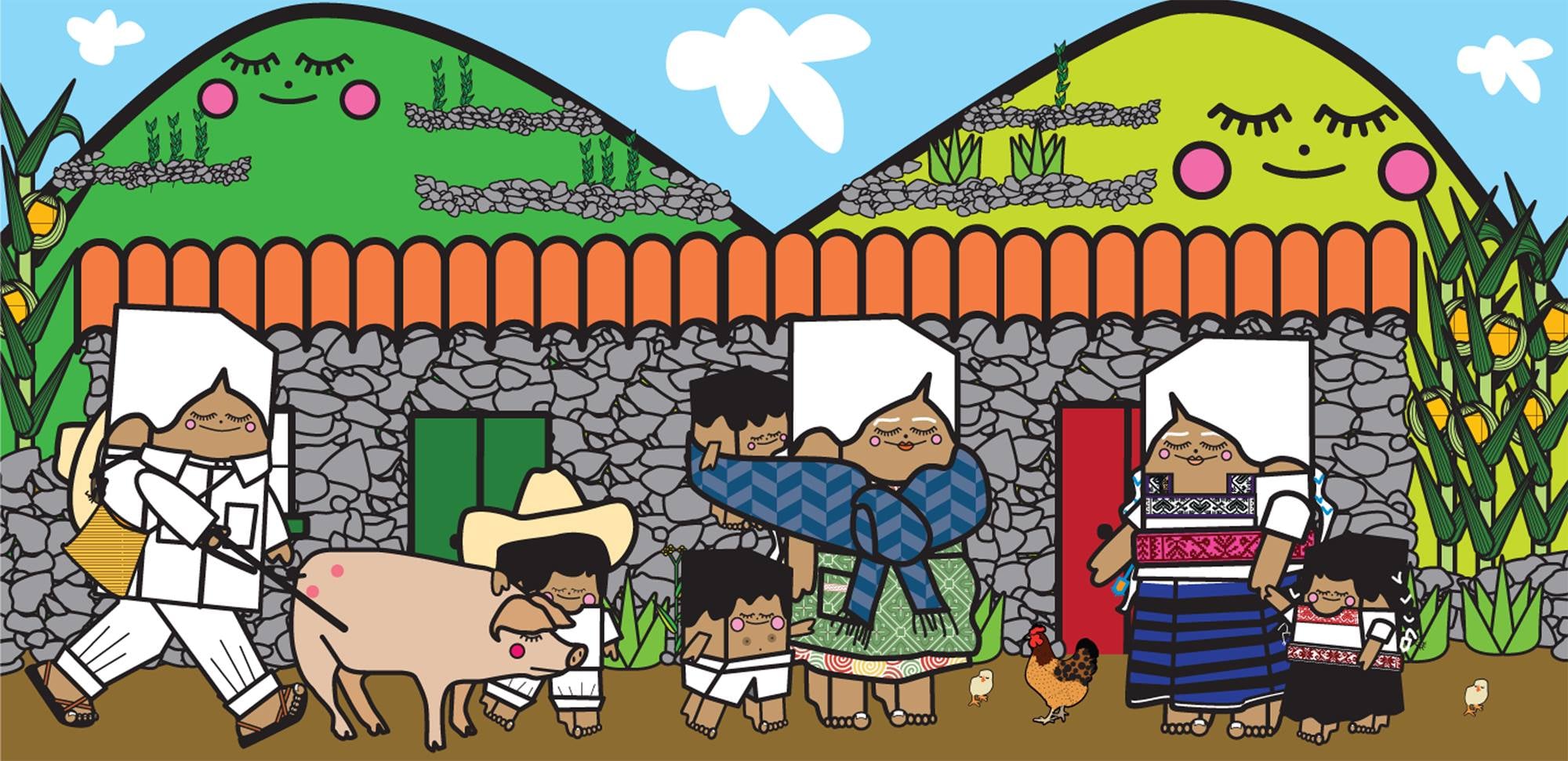


/6-harmful-stereotypes-about-latin-americans-5113358_final1-ebb3f4f4256a4880aa71872bc021d540.png)
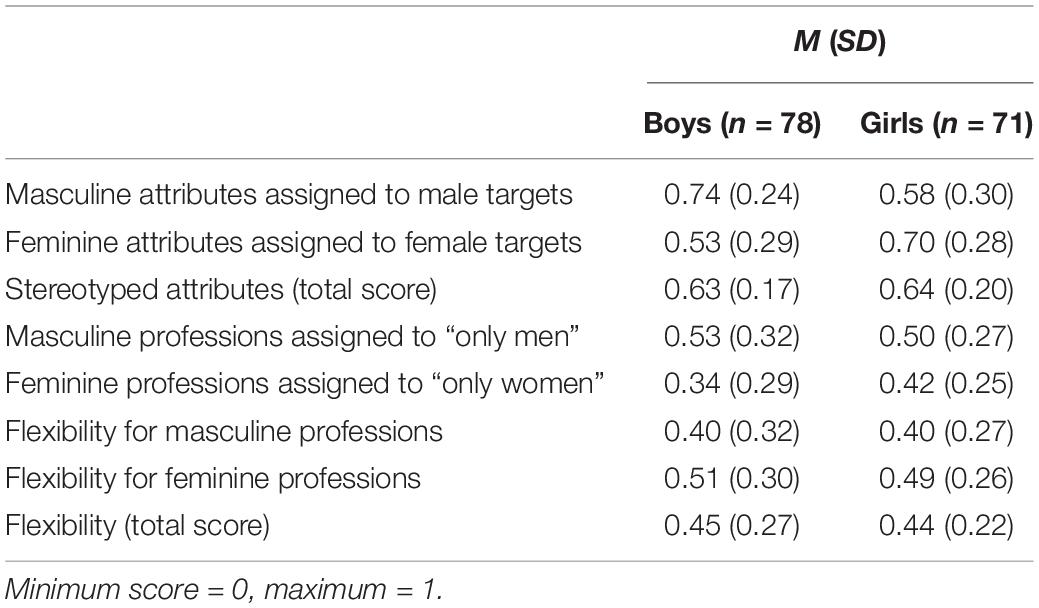






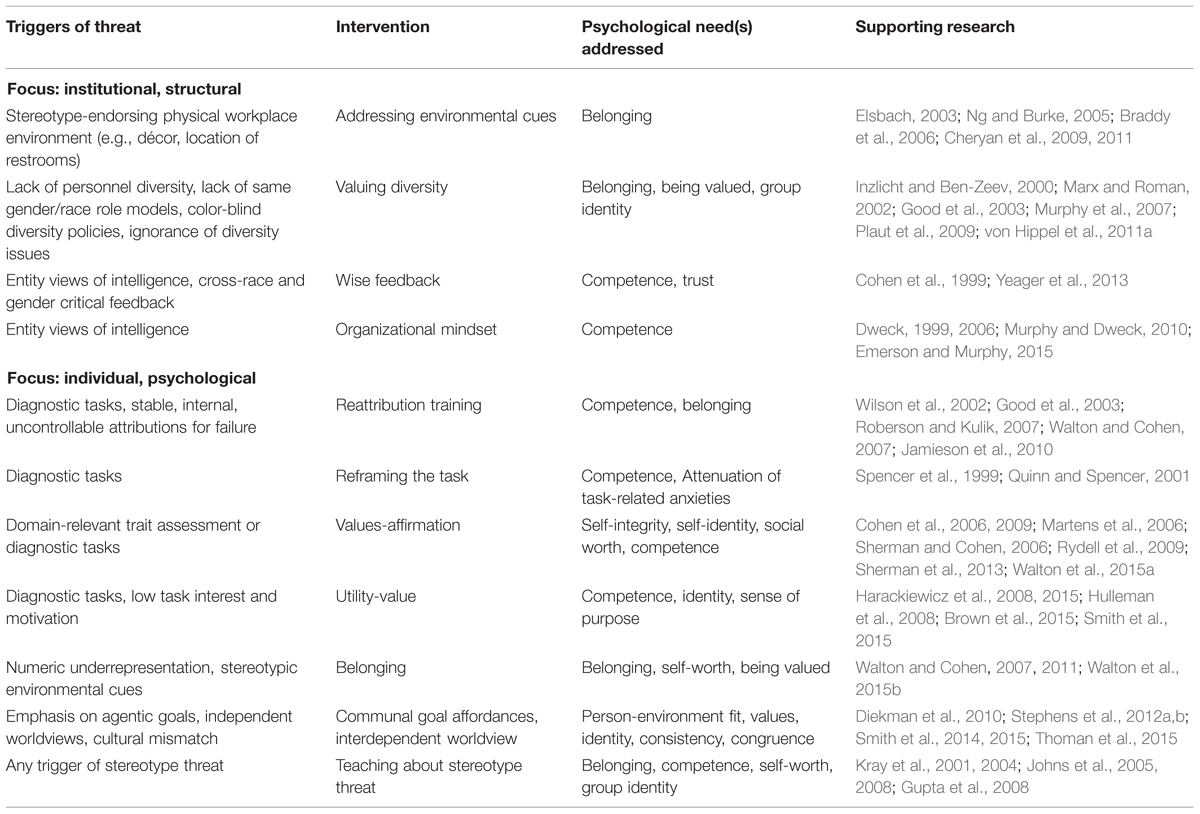






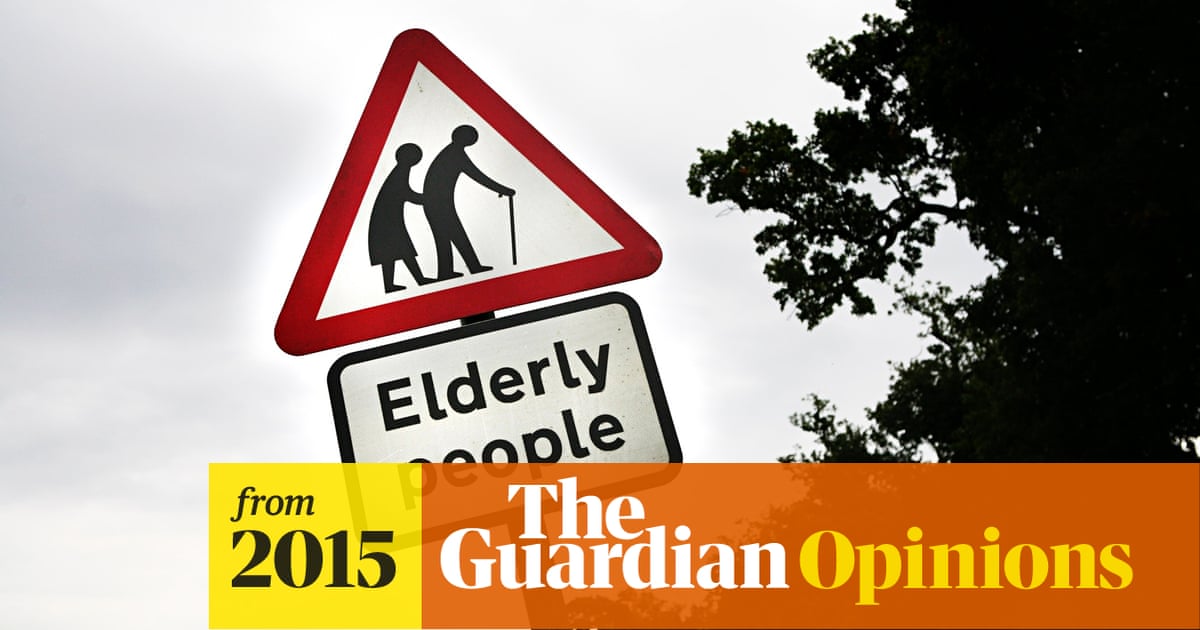

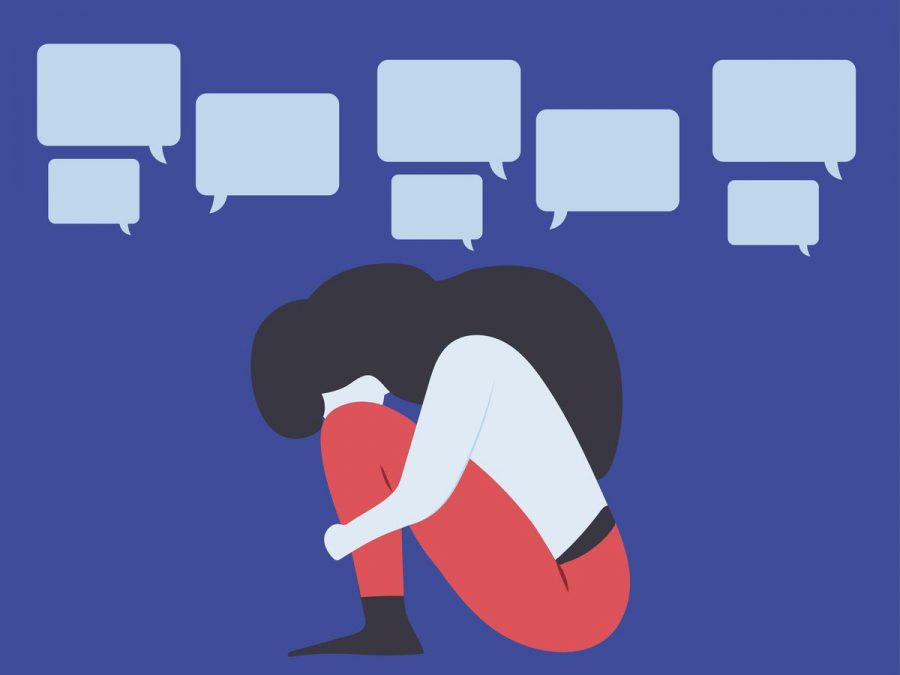

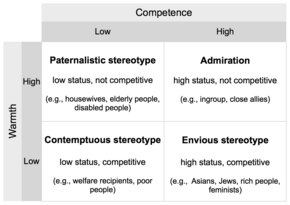



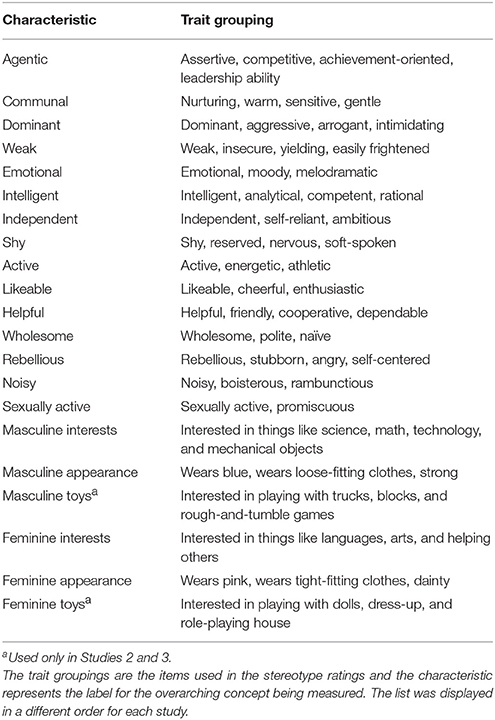

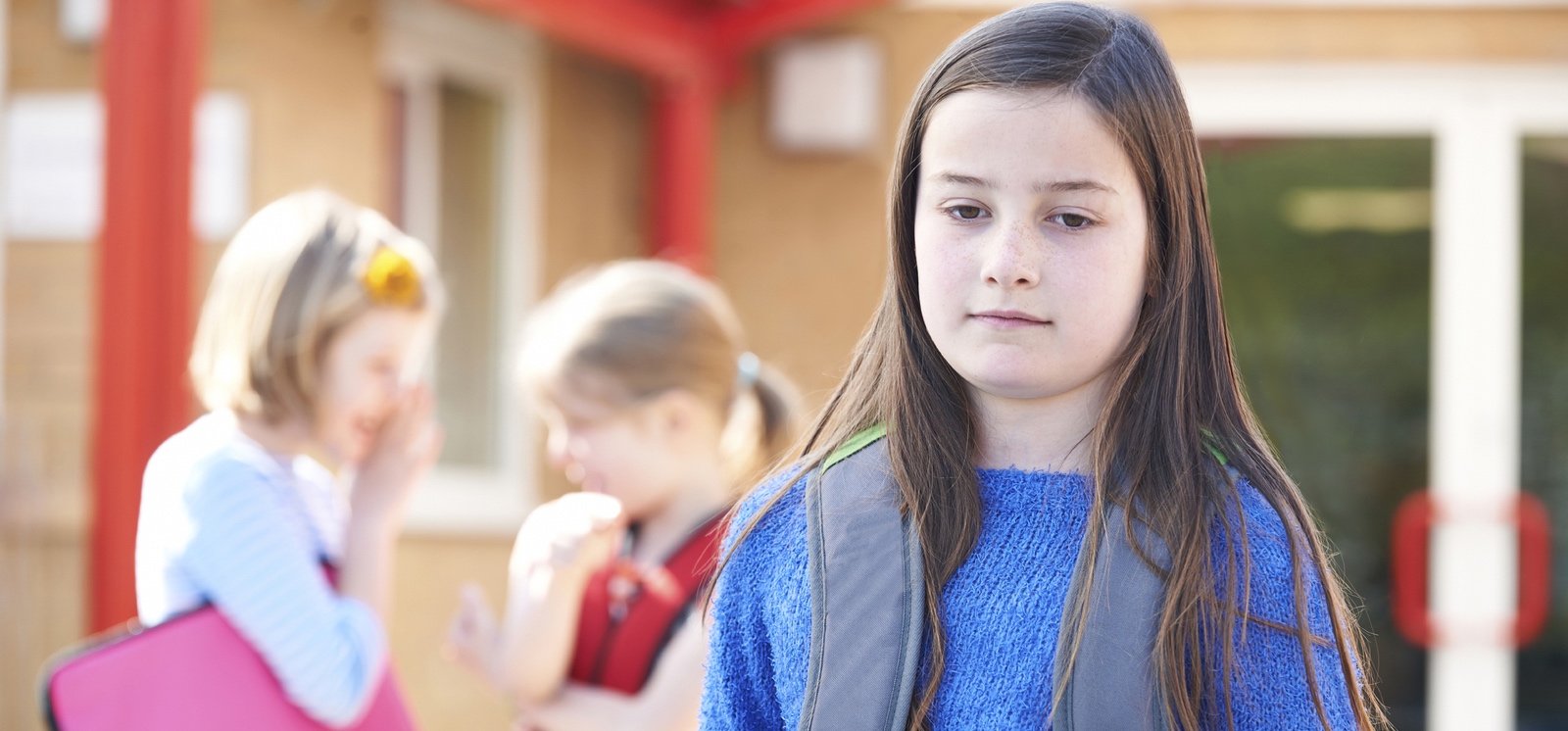
Post a Comment for "41 social labels and stereotypes"